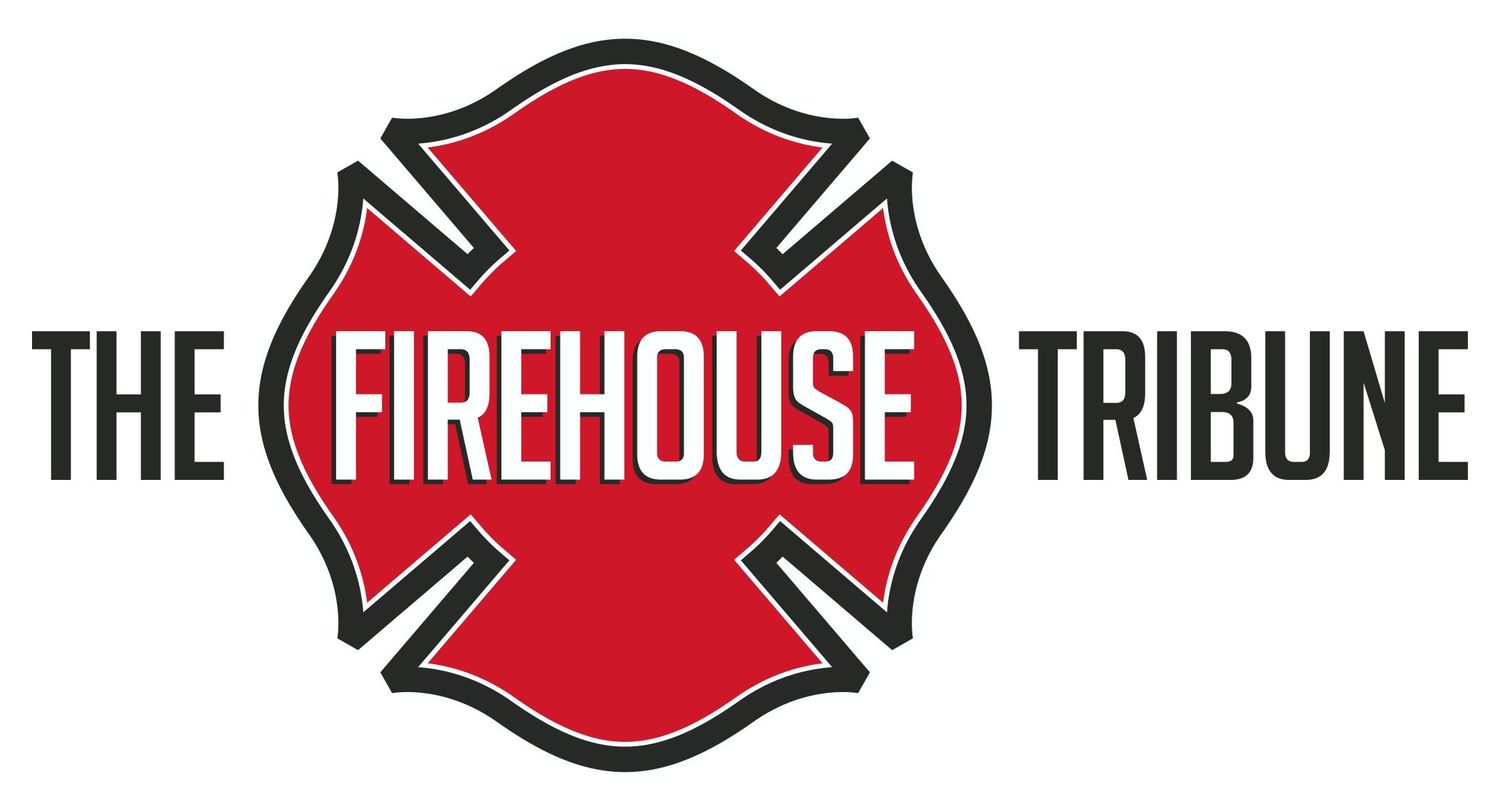What Are You Telling People?
I say “Good afternoon!How are you doing?” I am stopping to getodds and ends at a supermarket. It is atypical day during the summer here in Maryland;so being inside provides a bit of relief from the heat and humidity. The cashier is who I give this standard greeting. He is tall, lanky, and young. My guess is that this is probably his Summer job. Admittedly, I ask the question about his day out of rote practice. I just heard the conversationbetween the cashier and the person before me. I already know his answer. His response?“Oh, I can't complain.” That’s not the answer he gave the other guy.
In speaking with the person just before me, this is the response I hear him say: “Man it’s hot in here. It feels good at first, but then, it’s hot again.” Now, this is a supermarket, not a court of law. I will not prosecute him for telling me one thingand another person something else. And given that he and the other person are wearing the same uniform shirt, it makes sense. He is more comfortable with a known, coworker than anunknown, customer. We all have things that bother us. We are just not up front about telling everyone about them. And that’s fine, until you aren’t fine.
Everyone has problems.Whether or not someone will talk about them is another story. Over the last few months,firefighters in nearby jurisdictions have taken their own lives.An article from CNN article last year* states “Last year (in 2017), 103 firefighters and 140 police officers committed suicide, whereas 93 firefighters and 129 officers died in the line of duty, which includes everything from being fatally shot, stabbed, drowning or dying in a car accident while on the job.” In a discussion I had shortly after that, a question was posed to me; if I had a problem, who would I tell? Who would I tell what I felt, versus what the pre-canned answer of “Oh, I can’t complain.”
There are many people better qualified than I to speak on mental health. What I give you then, is not vast knowledge, but perspective. One that focuses on just on aspect of the problem of mental health in the fire service. Many people wouldn’t know who to tell their problems to if their life depended on it. If you had a problem, who would you tell?Not just any problem, but the kind of problem that would make you question being alive. How much trust you have in another person is proportional with how much would you revel to him or her. Who do you trust enough to tell that kind of problem?
I don’t feel like fire service culture makes it easy to talk about weakness, mistakes, and problems people tend to face. In order to have a conversation on that level, there has to be a sense of closeness between 2 people. A sense of trust.Listening to the comments of the young cashier and the guy he was talking to, they are obviously closer to each other than to me. They know each other. They have history. I'm just some dude picking up some odds and ends. No need to trust me with a problem statement.
As leaders, I ask we all take a look at what we are doing to make it easy for people to talk about problems. To find the common places and build bridges of trust and safety. Part of leadership is figuring out what that is for each individual. That's a pretty tall order. I've had a fewsuccesses and many more failures throughout my entire career.I don't know that I have a set answer. I will tell you what life has taught me so far. Keep saying “Good morning! How are you doing?” If I go back to that same store on a regular basis and interact that same cashier, eventually, we will get to know each other better. Eventually, we will talk about more things. Eventually, he’ll let me know when the heat is getting to him. Eventually, he’ll trust me enough to tell me what he really feels. Relationships are a lot like planting fruit trees. It takes a while to nurture the progress, but in the end, the fruit that is produced is worth it. As a leader, make trust your everyday order of business. Make trust ordinary, and you will see extraordinary impact.
*From <https://www.usatoday.com/story/news/2018/04/11/officers-firefighters-suicides-study/503735002/>
About the Author
NICK BASKERVILLE Nick has had the honor of serving in the United States Air Force for 10 years, followed by 4 years in the United States Air Force Reserves. He attained the rank of Technical Sergeant (E-6). Nick also has 18 years of fire service time, with 15 years of that being in a career department in Northern Virginia. Nick has had the opportunity to hold positions in the Company Officer's section of the Virginia Fire Chief's Association (VFCA), The Virginia Fire Officer's Academy (VFOA) staff, and as one of the IABPFF representatives to the Fire Service Occupational Cancer Alliance. Nick is one of the many trainers for Firefighter Cancer Support Network (FCSN) to offer awareness and prevention training about cancer in the fire service. Nick has the honor of being one of the many contributors for The Firehouse Tribune.
